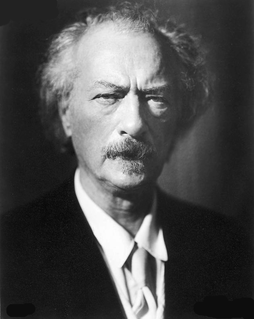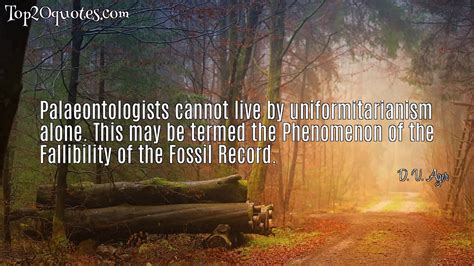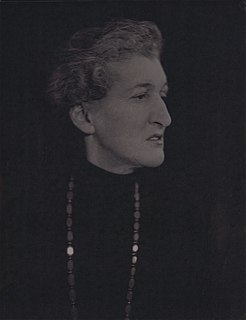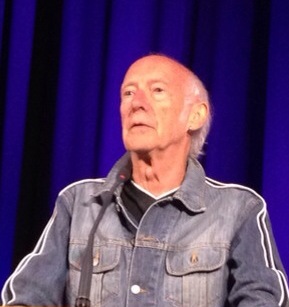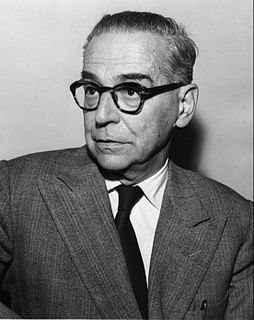A Quote by Ignacy Jan Paderewski
Is there anything more true than human pain? Is there anything more sincere than the cry for help from those who suffer? Only a great wave of mankind's pity can surmount an immense wave of human misery?
Related Quotes
In the book Soldiers on the Home Front, I was greatly struck by the fact that in childbirth alone, women commonly suffer more pain, illness and misery than any war hero ever does. An what's her reward for enduring all that pain? She gets pushed aside when she's disfigured by birth, her children soon leave, hear beauty is gone. Women, who struggle and suffer pain to ensure the continuation of the human race, make much tougher and more courageous soldiers than all those big-mouthed freedom-fighting heroes put together.
In the preface to his great History of Europe, H. A. L. Fisher wrote: "Men wiser than and more learned than I have discerned in history a plot, a rhythm, a predetermined pattern. These harmonies are concealed from me. I can see only one emergency following upon another as wave follows upon wave ..." It seems to me that the same is true of the much older [geological stratigraphical] history of Europe.
love is thicker than forget more thinner than recall more seldom than a wave is wet more frequent than to fail it is most mad and moonly and less it shall unbe than all the sea which only is deeper than the sea love is less always than to win less never than alive less bigger than the least begin less littler than forgive it is most sane and sunly and more it cannot die than all the sky which only is higher than the sky
For the far higher task of teaching fortitude and patience I was never fool enough to suppose myself qualified, nor have I anything to offer my readers except my conviction that when pain is to be borne, a little courage helps more than much knowledge, a little human sympathy more than much courage, and the least tincture of the love of God more than all.
The spoken discourse may roll on strongly as the great tidal wave; but, like the wave, it dies at last feebly on the sands. It is heard by few, remembered by still fewer, and fades away, like an echo in the mountains, leaving no token of power. It is the written human speech, that gave power and permanence to human thought.
Some people may complicate it for you, but the formula is simple: Love God more than anything else. More than your ego. More than your money. More than your desires...More than your sleep at dawn. Love God more than anything else, and submission comes natural.
Love God more than anything else, and all goodness will follow.
Of everything that man erects and builds in his urge for living nothing is in my eyes better and more valuable than bridges. They are more important than houses, more sacred than shrines. Belonging to everyone and being equal to everyone, useful, always built with a sense, on the spot where most human needs are crossing, they are more durable than other buildings and they do not serve for anything secret or bad.
